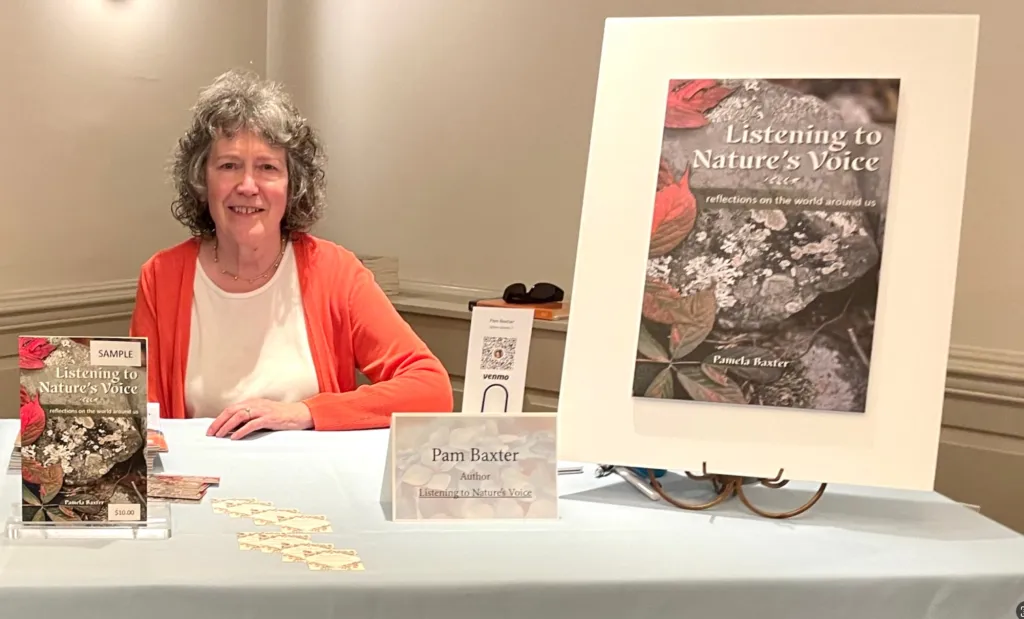
For information on submitting an obituary, please contact Reading Eagle by phone at 610-371-5018, or email at obituaries@readingeagle.com or fax at 610-371-5193.
Most obituaries published in the Reading Eagle are submitted through funeral homes and cremation services, but we will accept submissions from families. Obituaries can be emailed to obituaries@readingeagle.com.
In addition to the text of the obituary, any photographs that you wish to include can be attached to this email. Please put the text of the obituary in a Word document, a Google document or in the body of the email. The Reading Eagle also requires a way to verify the death, so please include either the phone number of the funeral home or cremation service that is in charge of the deceased’s care or a photo of his/her death certificate. We also request that your full name, phone number and address are all included in this email.
All payments by families must be made with a credit card. We will send a proof of the completed obituary before we require payment. The obituary cannot run, however, until we receive payment in full.
Obituaries can be submitted for any future date, but they must be received no later than 3:00 p.m. the day prior to its running for it to be published.
Please call the obituary desk, at 610-371-5018, for information on pricing.
In August I learned that my book “Listening to Nature’s Voice” was selected by the Garden Club Federation of Pennsylvania (GCFP)* to kick off its new “GCFP Reads” initiative. Invitations followed to attend two local GCFP District annual meetings: District I—made up of garden clubs in Chester and Delaware counties, and District XI—made up of clubs in Philadelphia, Bucks, and Montgomery counties. At both meetings, they clubs set up a table for me to display and sell my book.
During those two events I met so many interesting people and learned so much about the work of garden clubs. It’s clear that garden club members don’t just sit around arranging flowers; they are deeply involved and active in their communities. As an example, one club announced that their annual fundraiser had generated $14,000 for scholarships to students wishing to pursue careers in horticulture.
The theme of involving young people in gardening wove like a thread throughout various presentations. In particular, Mary Hetrick, 2nd Vice President of GCFP, spoke directly to this. She shared her talk with me so that I can share parts of it with you. She said:
“We know a garden is a wonderful place for children to play, to learn and to grow … gardening gets children out of the house, away from computer games and television, and exposes them to nature. Under the guidance of caring adults, our younger generation can develop responsibility, work ethic, and patience when being involved with garden club members. Gardening can boost sensory development and build fine motor skills.”
Hetrick reflected on an article she had read recently that highlighted the importance of engaging youth in gardening initiatives and projects. She said, “It reiterated that when we work with youth it becomes a powerful educational experience for them that can foster environmental stewardship, promote healthy living, healthy eating, and can cultivate essential life skills for the participants.”
Hetrick went on to enumerate specific benefits:
1. Educational opportunities—The opportunity to study topics like biology, composting, insects, birds, botany, and conservation.
2. Community engagement—Possibilities for engaging in horticulture therapy with seniors, handicapped persons, or residents of nursing homes.
3. Life skills development—Gardening nurtures patience, responsibility, teamwork, problem-solving, math skills, and planning skills.
4. Leadership development—When youth are involved in gardening initiatives, they can become empowered as stewards of the environment.
5. Personal health—Time spent outdoors and in nature can reduce stress, improve mood, and support mental health.
Hetrick described two ways in which her own garden club in Erie involves youth in the community.
1. For the past twenty years, the Presque Isle Garden Club has given the 2nd graders at various Erie elementary schools conifer seedlings on Arbor Day. They talk about Arbor Day, the benefits of trees, and demonstrate how to properly plant the seedlings. Hetrick said that the children love taking home a “baby Christmas tree” and that as teenagers, these kids have reported to her how tall their tree has grown.
2. Each year, with the help of the McDowell High School Garden Club, Presque Isle Garden Club creates floral arrangements to share with local offices to celebrate the National Garden Clubs, Inc. National Garden Week. These arrangements have gone to librarians, principals, township supervisors, and police officers. “The students love the idea of sharing their creations with others,” Hetrick noted. “And we’ve seen their floral design skills improve.
I also learned that the GCFP has created a “Sprouts & Seedlings” program to officially welcome and incorporate young people into its member clubs.
To find a garden club near you, type “garden clubs in chester (or whichever) county” into a search field. Note: Not all clubs are affiliated with GCFP.
* The GCFP is the parent organization to over 100 individual garden clubs in the state, with nearly 5,000 members.
Pam Baxter is an avid organic vegetable gardener who lives in Kimberton. Direct e-mail to pamelacbaxter@gmail.com, or send mail to P.O. Box 80, Kimberton, PA 19442. Pam’s new book, Listening to Nature’s Voice, is now available on Amazon. For more information or to sign up for her monthly newsletter, visit her website: pamelabaxterbooks.com.



